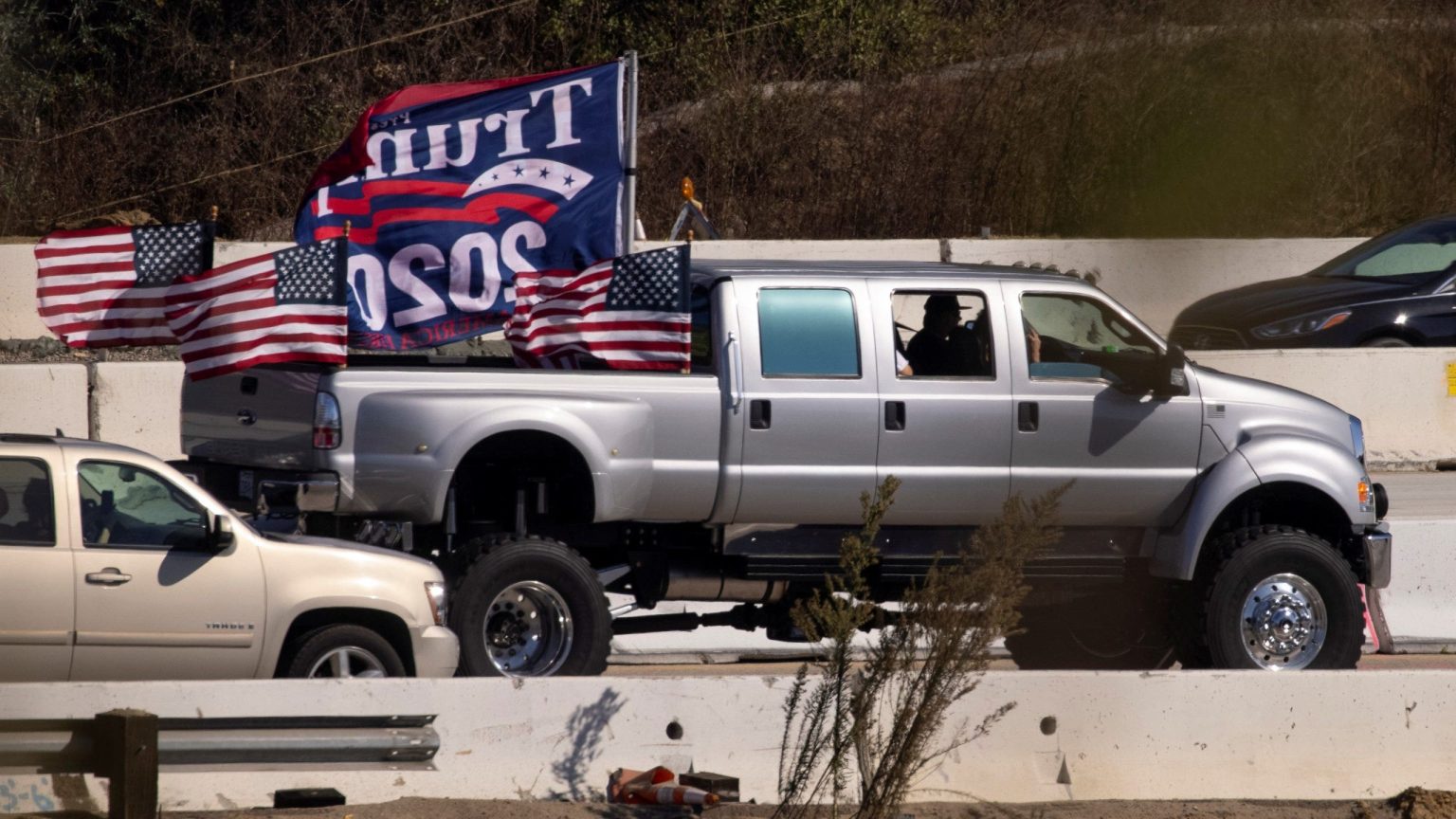The political landscape of Missouri is poised for a potential transformation as multiple state lawmakers champion legislative efforts to dedicate several state highways in honor of former President Donald J. Trump. This initiative, spearheaded by Republican legislators, signifies the enduring influence of Trump within the state’s conservative political circles and mirrors similar endeavors witnessed across the nation to commemorate the former president’s legacy. The proposed legislation reflects a broader trend of symbolic gestures aimed at preserving and promoting Trump’s political brand within the American public consciousness.
One of the most ambitious proposals, introduced by state Senator Mary Elizabeth Coleman, seeks to rename a significant portion of Missouri’s state highway system not already designated with another name by August 2024. This sweeping proposal, however, strategically excludes roadways within the urban centers of St. Louis, Columbia, and Kansas City – areas known for their more liberal leanings. This exclusion suggests a calculated move to minimize potential opposition from these Democratic strongholds while maximizing impact in more receptive, conservative regions. Senator Coleman’s previous attempt in 2021 to rename a section of Interstate 55 after Trump within her district failed to gain traction in the Republican-controlled legislature, indicating potential challenges that lie ahead.
A separate, more targeted proposal put forth by state Senator Nick Schroer aims to designate a segment of Route D, west of St. Louis, as the “President Donald J. Trump Highway.” Schroer’s public announcement of this initiative, replete with Trump-related imagery and slogans like “Make Missouri Roads Great Again,” underscores the overtly political nature of these endeavors. The strategic use of Trump’s populist rhetoric and online virality further emphasizes the symbolic significance of these naming efforts, seeking to maintain Trump’s presence within the public discourse.
Both proposals stipulate that the Missouri Department of Transportation (MoDOT) will be responsible for the erection and maintenance of the commemorative signage, but the associated costs will be covered by private donations. This funding mechanism aims to circumvent potential criticisms regarding the use of public funds for what some might perceive as partisan projects. However, the reliance on private donations also raises questions about transparency and potential influence from specific donor groups.
These efforts in Missouri echo a nationwide trend of symbolic acts to enshrine Trump’s legacy. From adoptions of highway segments by private citizens in Virginia and Florida’s renaming of an avenue near a casino to Oklahoma’s official designation of a 20-mile stretch of U.S. 287, the desire to commemorate Trump transcends state borders. These initiatives, often undertaken by local and state governments with Republican majorities, demonstrate the enduring appeal of Trump’s brand of politics within certain segments of the American population. They also underscore the ongoing cultural and political divisions that continue to shape the American landscape.
The proposed highway designations in Missouri, however, are not without precedent within the state. Previous attempts have been made to honor other prominent conservative figures, such as the late radio host Rush Limbaugh, who was born and raised in Cape Girardeau, Missouri. While a proposal to declare January 12th “Rush Limbaugh Day” failed to gain legislative approval in 2021, it highlights the recurring efforts to memorialize conservative icons within the state. This pattern demonstrates the ongoing struggle to define public memory and the symbolic landscape, with competing factions vying to establish their preferred narratives.
The case of Donald J. Trump State Park in New York offers a contrasting perspective on the complexities of naming public spaces after controversial figures. The park, a 430-acre parcel donated by Trump to the state after failed development attempts, has become a point of contention. Its current state of disrepair and ongoing calls by New York Democrats to rename it underscore the challenges of managing legacies and the symbolic weight attached to names in the public sphere. This example highlights the potential for such dedications to become entangled in political disputes and subject to reevaluation based on evolving public perceptions.

